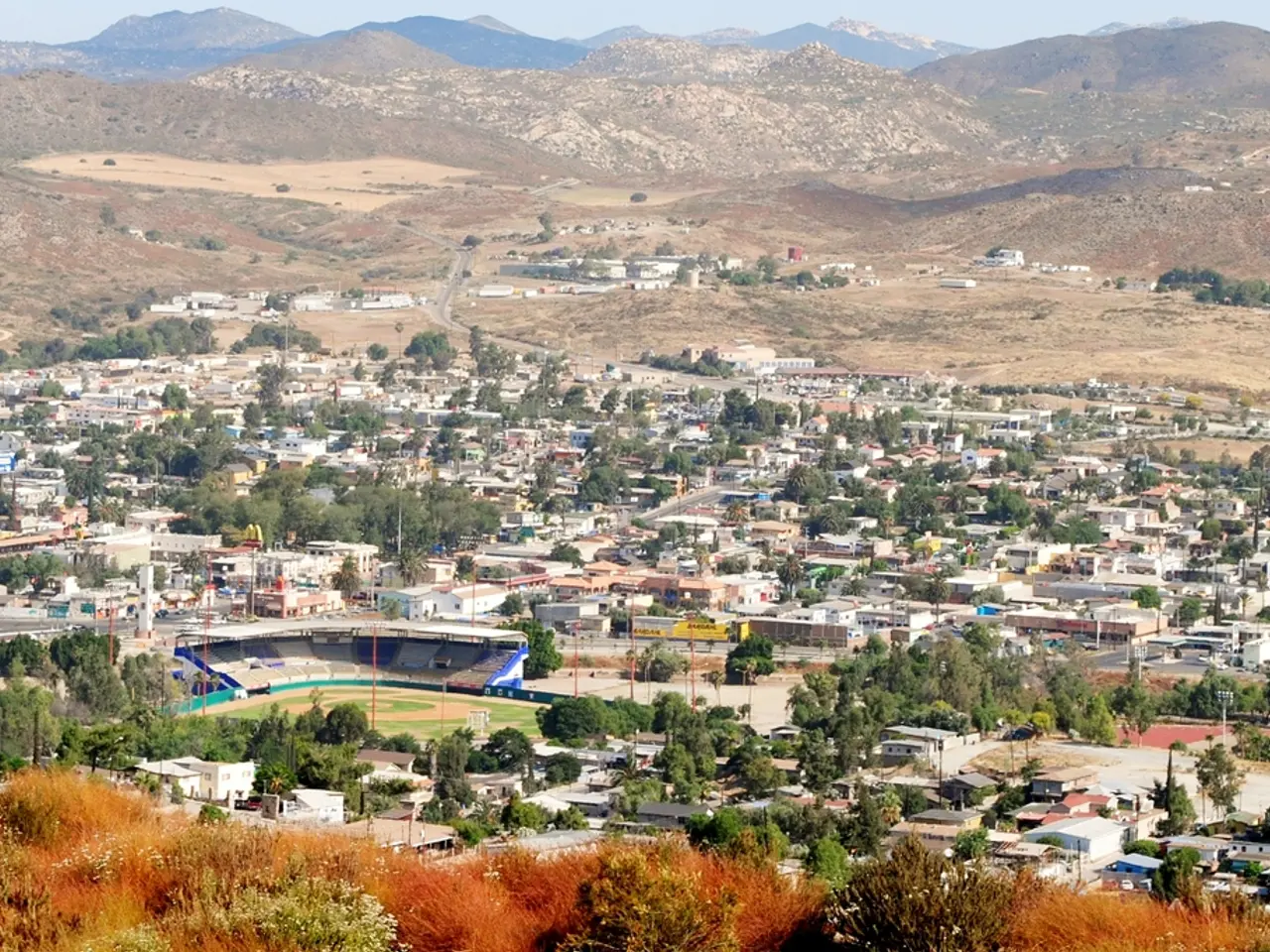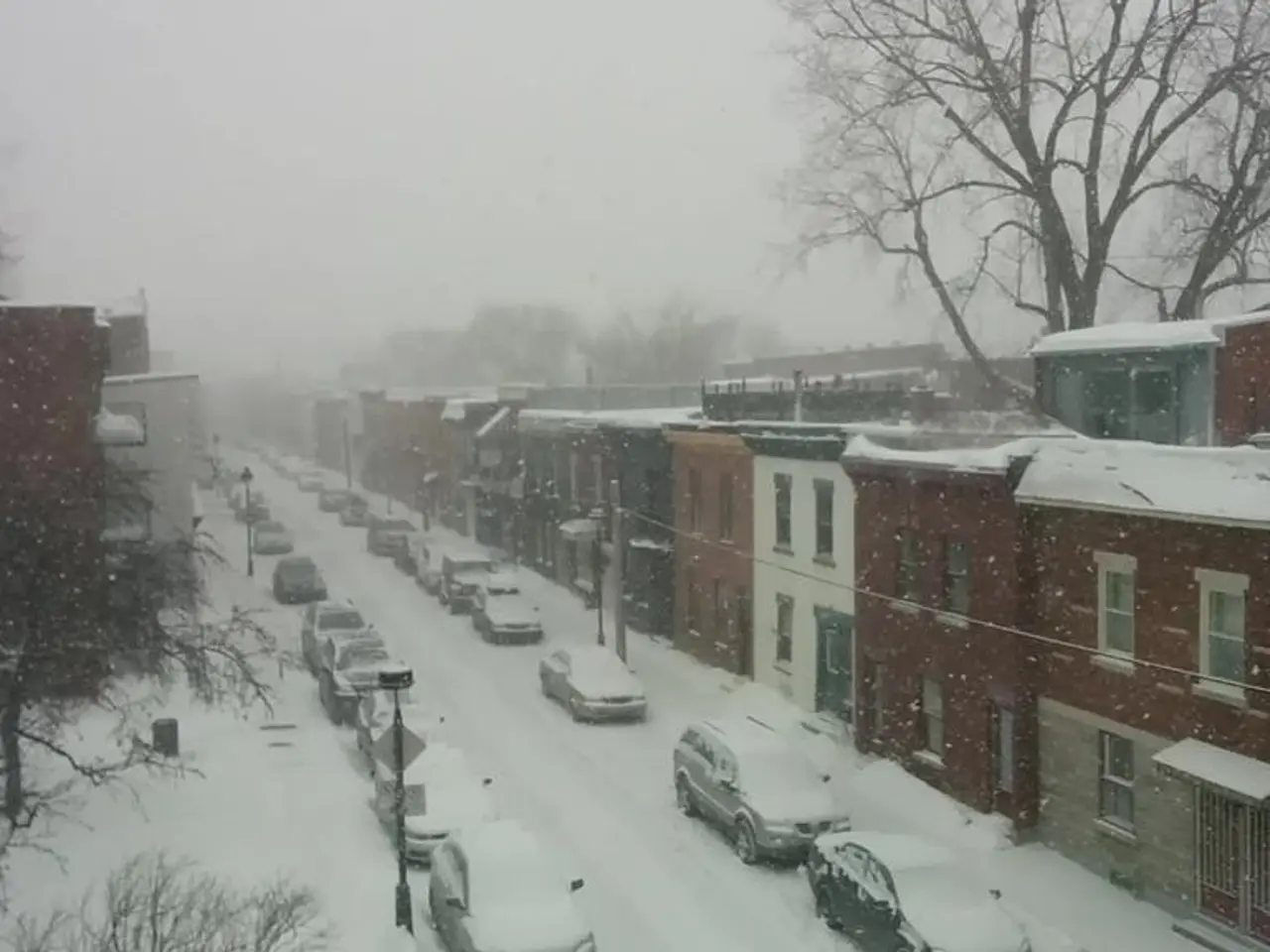Democrats in Texas abandon voting on redrawing district boundaries - Texas Democrats Abstaining from Voting in Their Districts
In the heart of Texas politics, a contentious dispute between Republicans and Democrats is intensifying. This dispute, over the redistricting of electoral districts for elections to the U.S. House of Representatives, has led to a rare form of protest in individual state legislatures.
The proposed redistricting plan, publicly introduced in mid-2025, is explicitly designed to favor Republicans. The plan aims to increase the Republican share of Texas’ 38 House seats from 25 to as many as 30. The plan redraws districts mainly in major metro areas like Houston, Austin, Dallas, and breaks up some minority communities. This has raised concerns and been challenged as unconstitutional racial gerrymandering by the U.S. Department of Justice. Texas, however, disputes these charges.
Republicans are motivated partly by pressure from former President Donald Trump and his allies who want to secure a Republican majority in Congress for the 2026 midterms, seeing it as critical to preserving their legislative agenda and avoiding investigations.
In response, Texas House Democrats launched a quorum-breaking walkout and fled the state to Chicago. They did this to deny Republicans the quorum needed to advance the redistricting plan. The Democrats, currently in Austin, Texas, after fleeing to democratically governed states, are aiming to stall or block the redistricting legislation.
The boycott took place in an unspecified previous day, and the congressional elections in question are scheduled for November 2026. The Democrats fled to the democratically governed states of Illinois and New York. The absence of the Democratic lawmakers prevented the necessary quorum for the vote, causing a disruption in the legislative process.
Despite the Democrats’ absence, the GOP remains committed to moving the plan forward. On August 4, 2025, they appointed a new redistricting committee with a Republican majority, chaired by Rep. Cody Vasut. This committee continues efforts to finalize the map.
The implications for the U.S. House are significant: this redistricting could solidify and expand Republican control of Texas’ congressional delegation, impacting overall House control heading into the 2026 midterms. The boycott by the Democrats, therefore, could potentially have national implications.
In conclusion, Texas Republicans are aggressively pushing a partisan redistricting plan that Democrats are trying to block through a legislative boycott. This standoff has major consequences for the 2026 U.S. House elections.
[1] The Texas Tribune. (2025, August 4). Texas GOP appoints new redistricting committee to advance controversial plan. Retrieved from https://www.texastribune.org/2025/08/04/texas-redistricting-committee-gop-appointments/
[2] The New York Times. (2025, August 5). Texas Democrats Boycott Session Over Redistricting Plan. Retrieved from https://www.nytimes.com/2025/08/05/us/politics/texas-democrats-redistricting-boycott.html
[3] The Washington Post. (2025, August 6). Texas Democrats flee to Illinois to block GOP redistricting plan. Retrieved from https://www.washingtonpost.com/politics/2025/08/06/texas-democrats-flee-illinois-block-gop-redistricting-plan/
- The ongoing dispute over Texas' redistricting policy, driven by politics and partisan interests, has extended to the employment policy within the state legislature, as Texas House Democrats, in an effort to stall the contentious plan, have resigned from their positions and sought employment in democratically governed states.
- The intensifying political struggle over redistricting in Texas has also sparked interest in EC countries, with general news outlets covering the story and analyzing its implications for the U.S. House of Representatives, potential violations of policy-and-legislation, and the broader impact on American politics.






